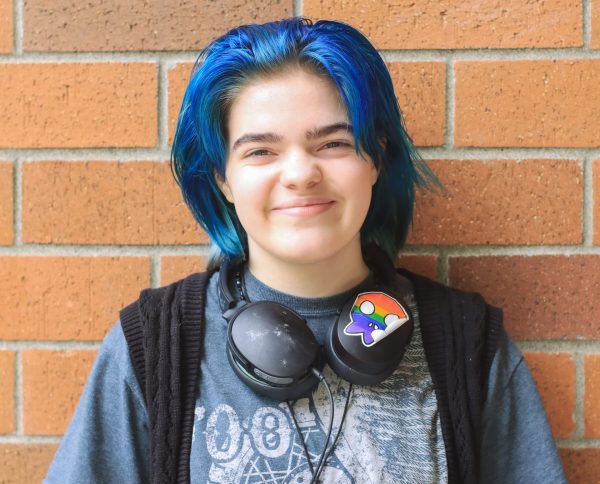Dear Editor:
In just the first semester of my freshman year, I have observed settings that would fit more to a waiting room than an educational facility. Across the room, people stare at their phones throughout the class period, whether while the teacher is lecturing or during work time. They’re playing games, scrolling through social media, and doing various other noneducational activities.
These are just a few examples that I have personally witnessed. There are undoubtedly far more and possibly worse instances of similar behavior that have occurred in this semester. This paralysis is detrimental to student learning, and confiscating phones from people who repeatedly ignore reminders and warnings should not be vilified.
Mr. Ngo, one of the freshman English teachers, said that he’s observed three levels to phone usage: level one is the students who rarely check their phones; level two is those who look at their phones somewhat frequently but remain engaged; level three is those who stare at their phones for the entire period and are clearly not engaged. That level three group is the most important in this conversation. They take away from their own learning by not paying attention. If they don’t get the information now, it’ll be harder to get that information later in life. Thus, if they ignore repeated reminders and warnings to put away their phones somewhere they won’t be tempted to pull from, I could hardly blame teachers for taking them away for the rest of class.
The Hawkeye has previously published two op-eds on this topic: “Cell phones should be used, not refused” and “Phones and iPods go MIA.” They share the sentiment that phones are an important part of high schoolers’ lives and confiscating them is counterproductive at best and a violation of our rights at worst. Now, the former article was published in 2013, and the latter in 2009. Their criticisms were aimed at the general attitude of teachers to phones in those days.
However, today, phones see much greater acceptance, and no one disputes that they’re essential to our lives. But to call their confiscation a violation of our rights? I’m sure most of us can agree that content filtering on a website targeted toward kids isn’t a violation of the First Amendment. It’s true that phones can be valuable resources, but they’re designed to distract you. If you are to use a phone during class for nonemergencies, you should get permission from the teacher first, and even then, there’s an expectation that you should only use it for the stated purpose.
Not all confiscations are warranted, especially if they’re extreme or unreasonable, but there are far too many cases of students using their phones for countless unimportant reasons. With how incredibly addictive phones are, teachers are more justified in confiscating devices than most give them credit for.
Kyle Shim and Ayden Nakamura
freshmen



